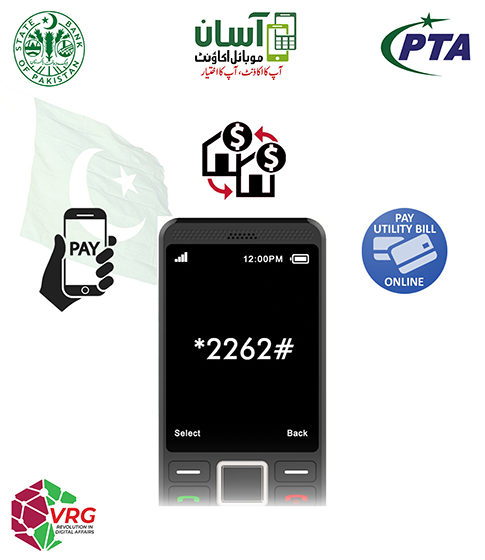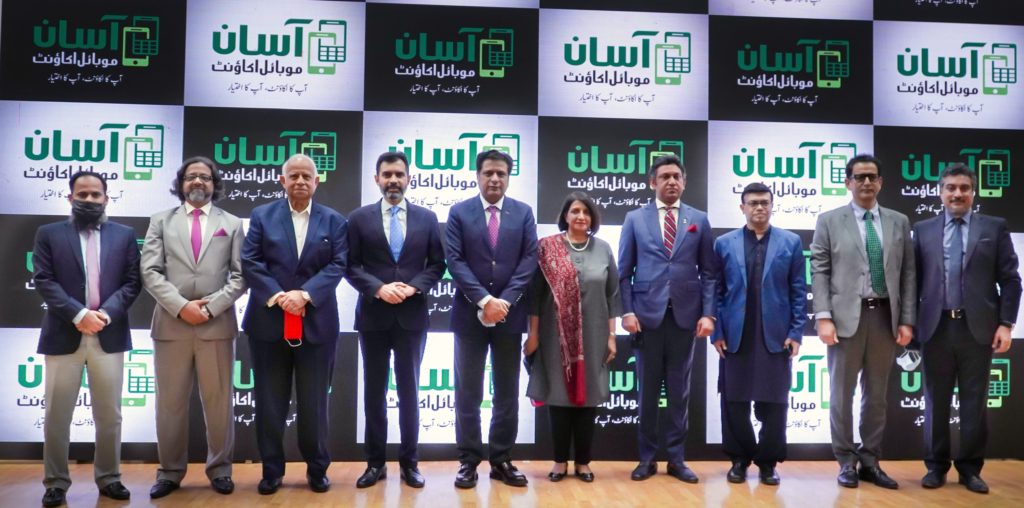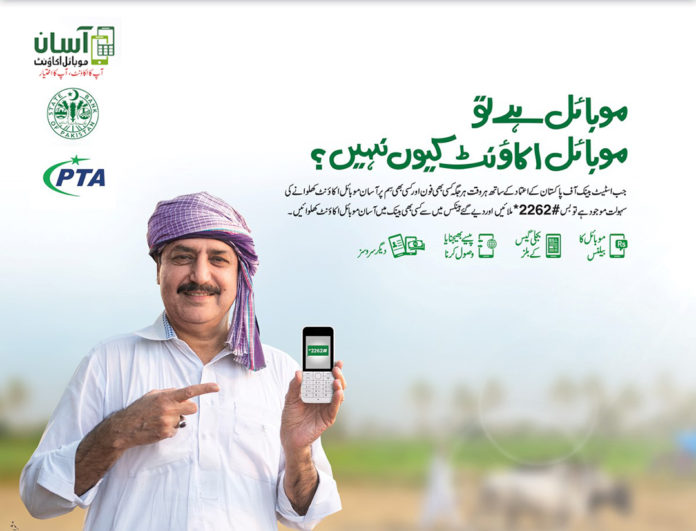High-tech innovations and digitalization are changing the functioning and structure of our societies and our lives. It is what knowledge economy hinges on. Knowledge economy is about valuing knowledge, promoting ideas, and innovation and a societal consensus to respect prosperity and diversity. Knowledge economy is intrinsically linked to information technology. Six technologies are critical, which include (Artificial Intelligence), micro-electronics, (Internet of Things), telecommunications, biotechnology, and robotics. These technologies will revolutionize businesses throughout the world. It also has implications for labor market and political participation.
Digital technologies are also impacting the way firms do business and interact with their customers and suppliers. Insights into digital transformation and the channels through which it influences the economy is increasingly relevant for monetary governance. It is even more critical for developing economies. Digital transformation can enhance trade, financial inclusion, market competitiveness, and documentation of economy. Zeroing in on Pakistan, the google-commissioned report titled “Unlocking Pakistan’s Digital Potential” says that digital transformation can help Pakistan unlock up to Rs 9.7 trillion ($59.7 billion) in annual economic value by 2030, equivalent to about 19% of the country’s gross domestic product (GDP) in 2020.
In developing economies such as Pakistan, majority of the people (the “AAM AADMI”)do not have access to bank accounts, which creates an inequitable society that impacts an individual’s social and economic well-being. Around 80% of Pakistan’s total population is unbanked and financially marginalized. The digital divide and gender biases prevalent in the society also contribute to this marginalization.
The Pakistan Telecommunication Authority (PTA) along with concerned ministries, regulatory bodies, ad hoc committees, and task forces are playing a vital role in increasing access to high-quality connectivity and digital services, as well as cultivating inclusion, e-commerce, and entrepreneurial spirit. The government is now focused on digital inclusion and building a knowledge economy. The initiative was formally started in 2015, with the unveiling of National Financial Inclusion Strategy (NFIS).
The NFIS is focused on four key areas: Promoting digital transaction accounts and reaching scale through bulk payments, expanding and diversifying access points, improving capacity of financial service providers, and lastly increasing levels of financial awareness and capability.

With increased financial inclusion, availability, and equality of opportunities, all Pakistanis will be able to access affordable financial services and products such as digital transactions, payments, savings certificates, Instant credit, and insurance that meet their needs. This will particularly help uplift the disadvantaged, underserved, and low income segments of our society.
In fact, Pakistan had adopted financial inclusion as a national priority well before many other countries did. Support of the microfinance sector dates to the 1990s, and in 2001 the government began to allow the creation of microfinance banks.
We were one of the first countries to adopt branchless banking regulations in 2008, which paved the way for introducing digital financial services in the country. Through the Benazir Income Support Programme in 2010, the government began to digitize safety net support to 6 million poor women.
As per the most recent Financial Inclusion Insights (FII) Survey 2020, topline financial inclusion in Pakistan is estimated at 21%, expanding 7 percentage points (ppt) since the last wave was conducted in 2017. Financial inclusion in Pakistan is still significantly low when compared to countries with similar socioeconomic profiles such as India (78%) and Bangladesh (47%).
With a population exceeding 220 million, Pakistan is an emerging mobile economy and boasts a high mobile phone penetration of 85%. It is expected that by 2023, the economic contribution of the mobile industry in Pakistan will reach nearly $24 billion, accounting for 6.6% of GDP. Thus, there is a consensus amongst policymakers to increase financial access through financially inclusive mobile banking practices.
On 14th December 2021 with the aim to bring unbanked population into formal banking services, the Asaan Mobile Account (AMA) scheme was formally launched, through joint efforts of Pakistan Telecommunication Authority (PTA) and State Bank of Pakistan (SBP). The Asaan Account is focused on the “common people”. It is available to all low income unbanked/under-banked people who face difficulties in account opening due to complicated account opening requirements or lesser means of access.
Assan Mobile account can play an important role towards increasing financial inclusion, where users will be able to conduct financial transactions through their mobile phone providers, allowing them to convert their mobile phone into a financial access channel.
With the help of the AMA Scheme, any Pakistani national above the age of 18 with a valid CNIC and biometric verified SIM, can open their account from any participating bank. The goal here is to achieve universal financial access, with a headline NFIS target of expanding formal financial access to at least 50% of adults, including women and youth.
As efforts are being made to speed up digitalization, regulatory concerns have become ever more pressing, including regulations around cloud computing, data protection, and cyber security. Balancing protective regulation with an environment that encourages innovation and digitization, will enable Pakistan to make the most of new technologies that have a very pro-people and pro-poor thrust.

The discussion on financial inclusion efforts in Pakistan, remains incomplete without mentioning Mr. Ikram Sehgal and his family that worked tirelessly to turn this initiative into a reality. For a decade his immediate family invested in an enterprise to harness the human and economic potential of “financial inclusion”, through the “Financial Services and Technology Division” which includes the flagship company: Virtual Remittance Gateway (VRG).
During the last 7 years VRG worked diligently to create the crucial interface connectivity link between financial institutions and mobile telecom operators. The challenge was to create Third-Party Service Providers (TPSPs). This happened in 2017 through the facilitation and encouragement from World Bank, the State Bank of Pakistan (SBP) and Pakistan Telecommunication Authority (PTA). Thus, a truly extraordinary Scheme that interconnected all mobile services operators with financial institutions happened. This really democratized the industry and became a catalyst for greater financial inclusion.
It wasn’t easy, VRG was all set to launch is August 2020, but then the usual red tapism haunted the initiative that landing in the court of law in a frivolous suit inspired by vested interest. The concerned High Court took 18 months to reject the absurd plea. All was not lost, the pilot phase launch achieved over a million customers in December 2021 without any public projection whatsoever.
Courtesy Ambassador Munir Akram presented the scheme in New York to the UNDP Administrator Mr. Achim Steiner in New York with UNDP Chief Digital Officer Robert. The words used by them for the unique many-to-many platform were ‘Amazing’, ‘Great’, and ‘Fantastic’. But what is even more amazing, great, fantastic is the fact that it is for the poor, disenfranchised, and voiceless 80% adult population in Pakistan that lacks access to bank accounts and thus a basic means of livelihood.
Even without a formal advertising campaign nearly 4.3 million AMA bank accounts have been registered till date with 13 banks having branchless banking licenses. It has presently processed 40 million transactions worth over Rs 42 bn. And what is even more noteworthy, 32% of AMA accounts created have been made by women, compared with 18% of standard bank accounts in Pakistan. The same was presented at the World Economic Forum in May 2022, the author was a witness to it. When Ikram Sehgal used the term “poor men’s debit card” for the mobile wallet during the “EDISON ALLIANCE” Session of the World Economic Forum (WEF) in May 2022, he was politely asked to call it deprived person’s “debit card”. In fact it should be aptly titled “Aam Admi ka mobile wallet”.





